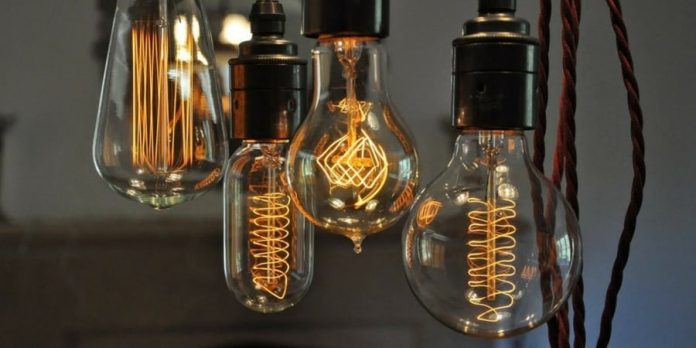In the realm of lighting, one of the most iconic and enduring symbols is the filament bulb. While newer technologies have emerged, the filament bulb continues to hold a special place in our hearts and homes. In this blog, we delve into the world of filament bulbs, exploring what they are, how they work, their uses, and their advantages.
What is a Filament Bulb?
A filament bulb, also known as an incandescent bulb, is a type of light bulb that produces light by heating a thin tungsten wire filament to a high temperature until it glows. The filament is housed within a glass bulb filled with inert gas to prevent the filament from oxidizing and burning out too quickly.
How Does a Filament Bulb Work?
The principle behind the operation of a filament bulb is simple yet elegant. When an electric current passes through the filament, it encounters resistance, which causes the filament to heat up. As the temperature rises, the filament emits light in the visible spectrum, illuminating its surroundings.
Filament Bulb Uses
Filament bulbs have been a staple in lighting applications for over a century. While their popularity has waned with the advent of more energy-efficient alternatives, filament bulbs still find use in various settings, including:
- Decorative Lighting: Filament bulbs are prized for their warm, inviting glow, making them a popular choice for decorative lighting in homes, restaurants, and cafes.
- Vintage Aesthetics: With their classic design and nostalgic appeal, filament bulbs are often used in vintage-inspired interiors, adding a touch of old-world charm.
- Display Lighting: Filament bulbs are ideal for highlighting merchandise in retail displays, creating an attractive ambience that draws customers’ attention.
- Special Events: From weddings to outdoor parties, filament bulbs are a popular choice for creating a festive atmosphere, casting a warm and inviting glow over gatherings.
Filament Bulb Advantages
While filament bulbs may not be as energy-efficient as their LED counterparts, they still offer several advantages that make them a preferred choice in certain scenarios:
- Warmth and Ambiance: Filament bulbs emit a warm, soft light that closely resembles natural sunlight, creating a cozy and inviting atmosphere wherever they are used.
- Instant On: Unlike some energy-saving bulbs that require time to reach full brightness, filament bulbs provide instant illumination, making them ideal for areas where immediate light is needed.
- Dimmable: Many filament bulbs are dimmable, allowing users to adjust the brightness to suit their preferences and set the mood for different occasions.
- Affordability: Filament bulbs are often more affordable than LED bulbs, making them a cost-effective lighting solution for those on a budget.
- Compatibility: Filament bulbs are compatible with most standard fixtures, making them an easy and convenient replacement for traditional incandescent bulbs.
In Conclusion
While filament bulbs may no longer be the go-to choice for energy-conscious consumers, their timeless appeal and unique characteristics continue to make them a popular lighting option in many settings. Whether used for decorative purposes, vintage aesthetics, or special events, filament bulbs shine bright as a symbol of illumination’s enduring legacy.








